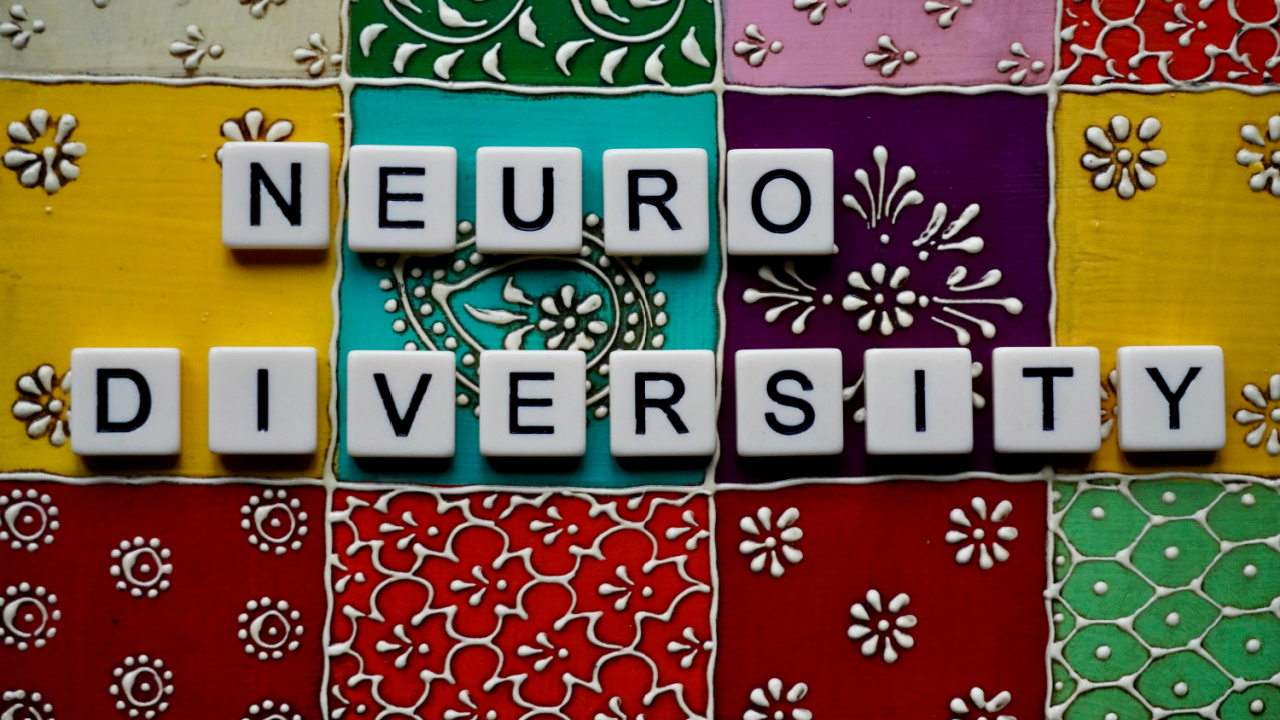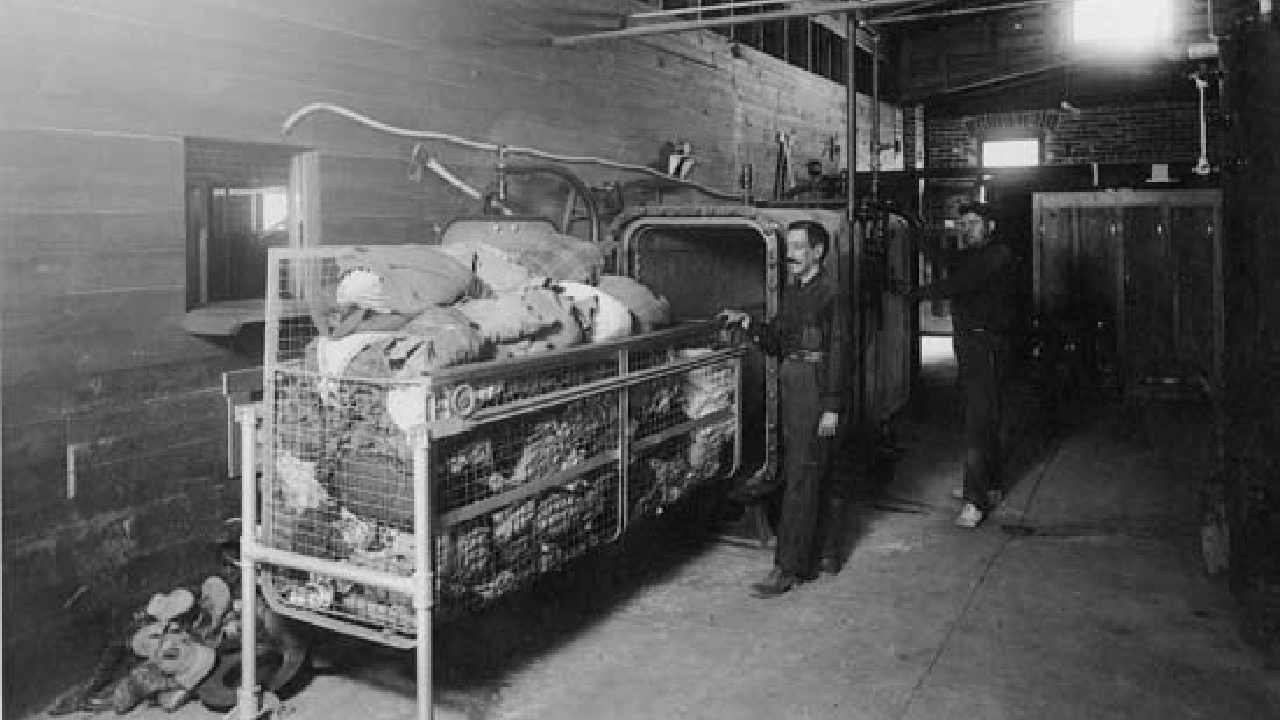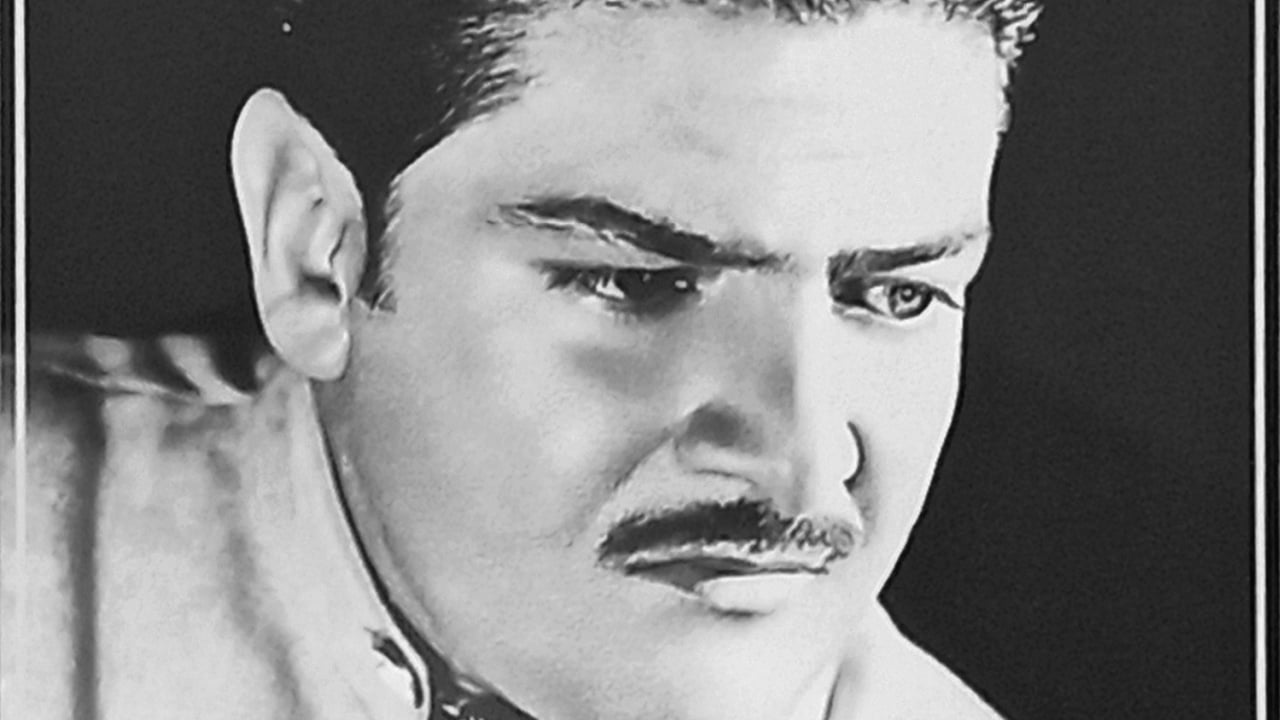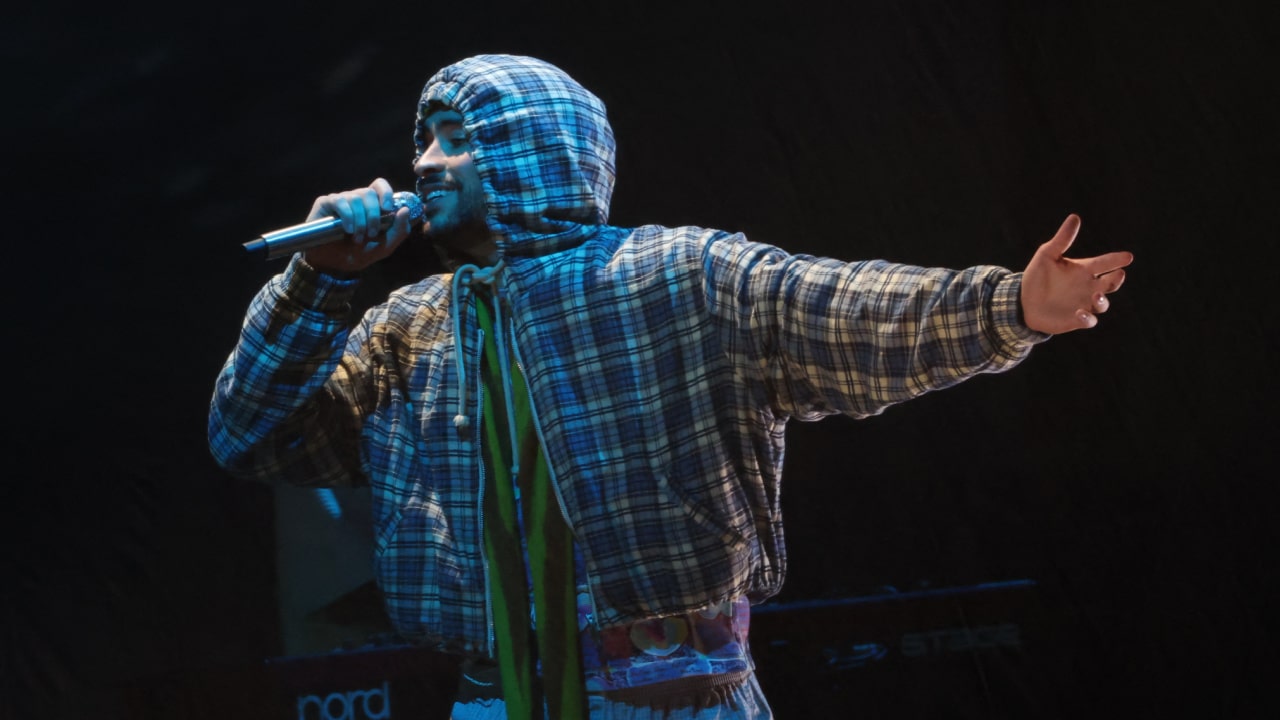
These Latinx TikTokers Live in a $2.2 Million Dollar Mansion, but They Never Feel Too Far From Their Humble Backgrounds
While you might have heard of TikTok content houses like Hype House, an L.A. mansion where influencers like Charli and Dixie D’Amelio and Addison Rae have filmed their videos in, you might not be aware of Familia Fuego.
The five-person group is made up of famous Latinx TikTokers Alexia Del Valle, Leo González, Monica Villa, Jesus Zapien and Isabella Ferregur, who all live together in a $2.2 million mansion in the Hollywood Hills and regularly share hilarious content about their experiences working in retail or keeping up Christmas decorations until mid-January (sounds about right).
Familia Fuego sets itself apart by being less of a business and more of a collective — or a family.
Referring to other creator groups similar to Hype House, González told Los Angeles Times, “they do their video, and then they’re just on their phone… here, we have talked about our fears and dreams.” Bonding over their shared Latino heritage, González said, “we’ve been vulnerable. We’ve cried together and prayed together.”
They relate to each other in a deeper way, especially since all of them come from humble beginnings.
For one, 23-year-old Del Valle grew up in New Jersey with a Hollywood sign in her room, working at Disney World and only ever walking on a red carpet at school events like Homecoming.
Proudly of Puerto Rican descent and already at 1.5 million followers on her own TikTok, Del Valle said fame is “special” because it gives the group “an opportunity to represent where we come from. It seems more rewarding.” Still, she admits “it’s definitely challenging” breaking through an influencer market that is notoriously white-dominated. She added, “people don’t see that we really came from humble backgrounds.”
Meanwhile, fellow Familia Fuego member Villa is a 24-year-old Chicana who once worked in the catering business, 21-year-old Mexican-Cuban Ferregur had a job in boat rentals, 27-year-old Mexican-American González worked in broadcast stations, and 24-year-old Mexican-American Zapien worked at Walmart, Disneyland and a bank.
Zapien described himself as “super shy” growing up, but explained, “then I was like, ‘I’m too broke to be shy.’” This is a reality many from our community can relate to, where lack of opportunities sometimes pushes us even further out of our comfort zones to make a mark.
Familia Fuego got this opportunity by being approached by DirecTV and the influencer marketing company Whalar, who fund the house, their food, travel, video equipment, studio, and paychecks in exchange for posting branded posts.
While DirecTV has some skin in the game — reaching customers they would not get to otherwise through “traditional channels” — González explained, “they’re literally funding the livelihoods of five creators.” The creator contrasts this against the less authentic alternative of simply “doing a cute Hispanic Heritage Month commercial” and calling it a day.
The five creators all thought the initial emails from DirecTV and Whalar were a scam, with Ferregur’s parents telling her, “don’t get too excited.” Coming from worlds that aren’t as accustomed to grand opportunities like being flown out to a lush Hollywood mansion to live out their dreams, this kind of trepidation makes sense.
Today, even with millions of followers, they all still deal with imposter syndrome. González said, “I’ve never been able to call myself an influencer,” instead telling Uber drivers that he is “a freelance video editor.” Ferregur agreed, saying, “I don’t call myself an influencer,” while Villa described, “we’ll still go to the store, and if someone’s looking at us we’re like, why are they looking at us?”
While many people dealing with newfound fame, money, and success may deal with imposter syndrome, it can particularly affect people of color, or anyone who goes from “blue collar” work to the sparkling celebrity life in the blink of an eye.
Plus, there’s no doubt that Familia Fuego have dealt with specific issues just by being Latino: Ferregur has been accused of being “whitewashed” by her viewers, even though she dealt with racism growing up, and Villa feels at a crossroads between making videos in English versus Spanish. She explained, “it’s a little harder for Latinos to actually grow if you’re not doing something super mainstream.”
Still, the group is slowly becoming accustomed to fame, with Gónzalez saying, “whenever we go to any sort of public place where it’s Latinos… we all have people there who know us.”
Today, they post videos FaceTiming Eva Longoria, and went to the red carpet premiere of “West Side Story” — but still have a measured view of the future. Their “residency” with DirecTV ends in a few weeks, and González said, “I don’t expect for it to be forever — but if it can be, that’d be so nice.” Meanwhile, each of the Familia Fuego members are looking toward long-term goals like working in film, television, fashion, beauty, music, or even writing a memoir.
Familia Fuego’s videos are a hilarious safe haven for Latinos to laugh about shared experiences like eating pozole, giving each other serenatas, or dealing with an annoying manager — and while González told L.A. Times their new life “never felt like it could be a long-term thing,” we truly hope it is.




